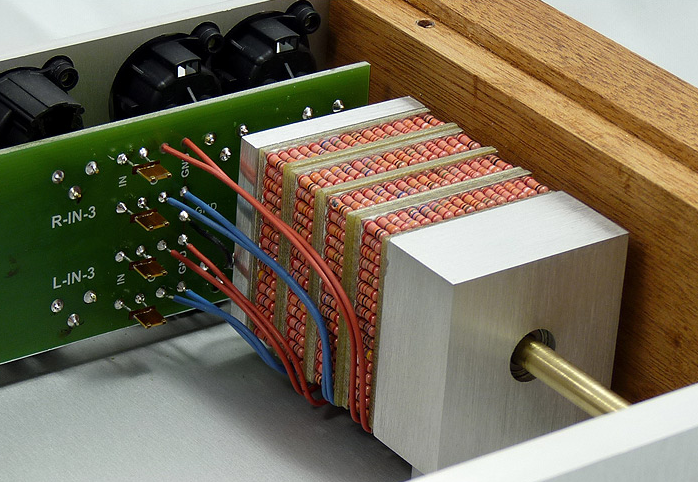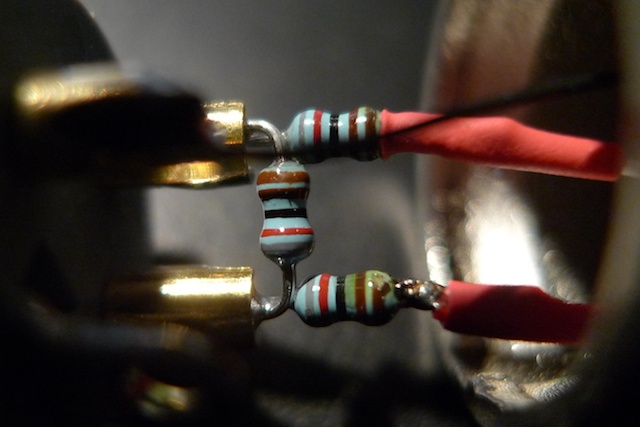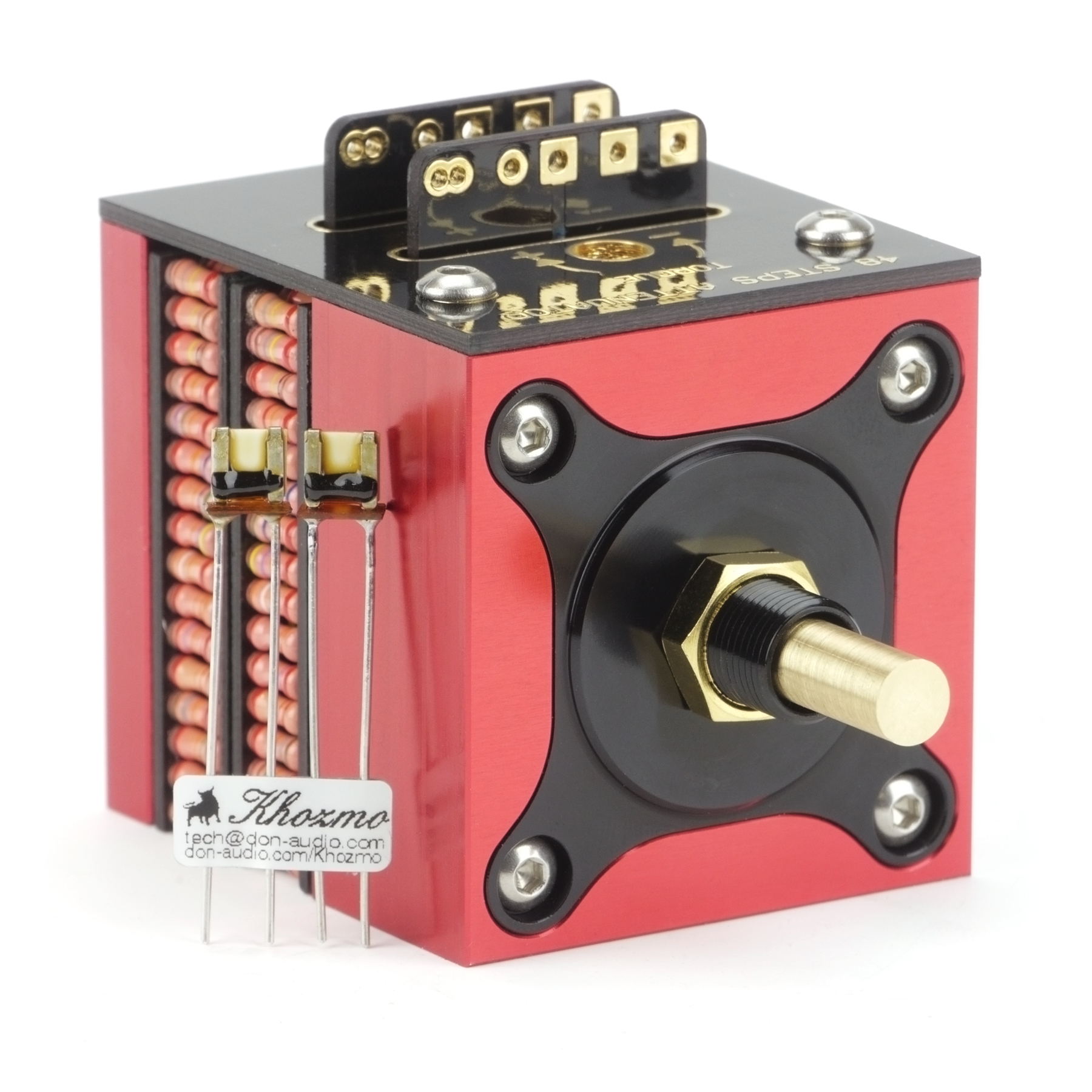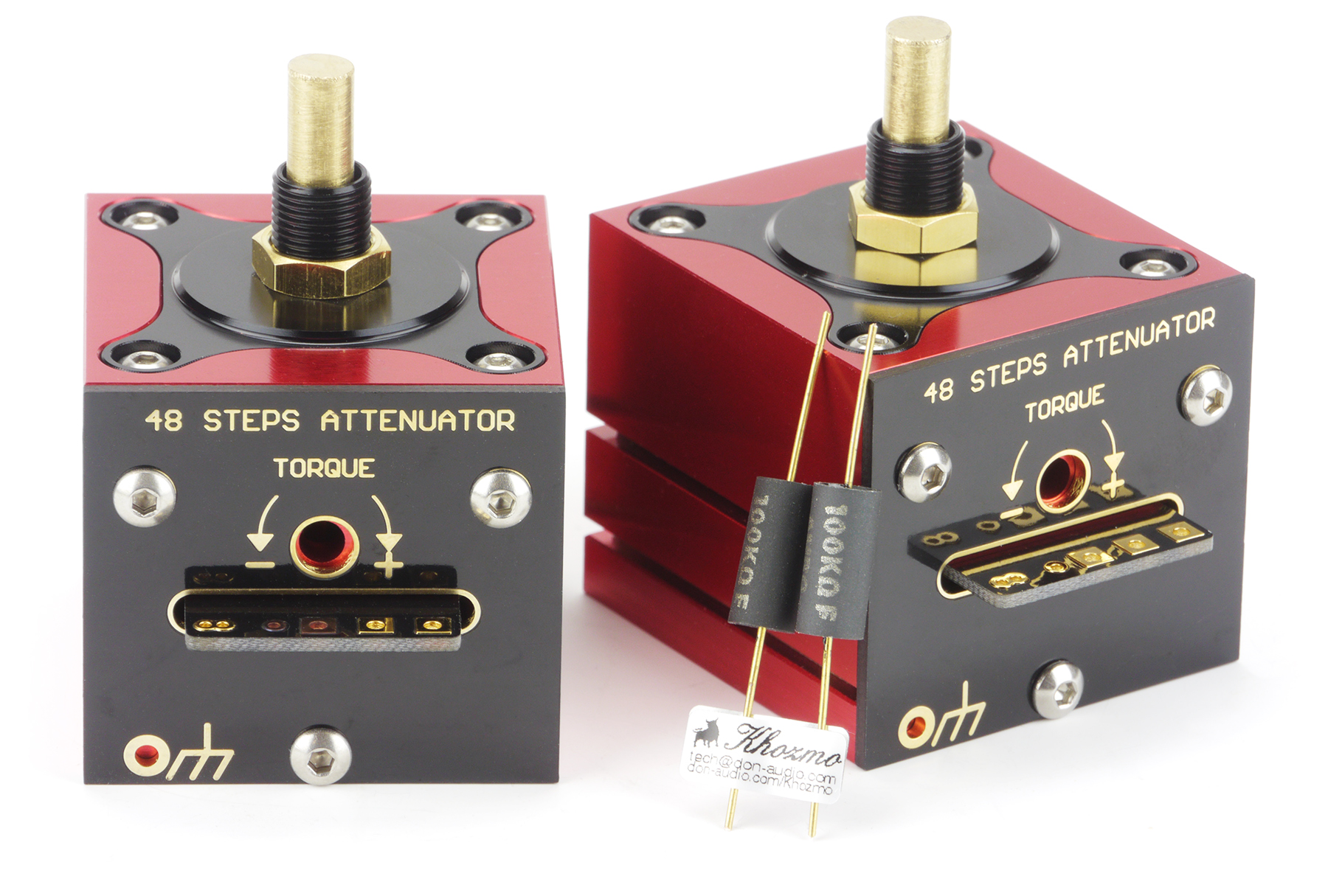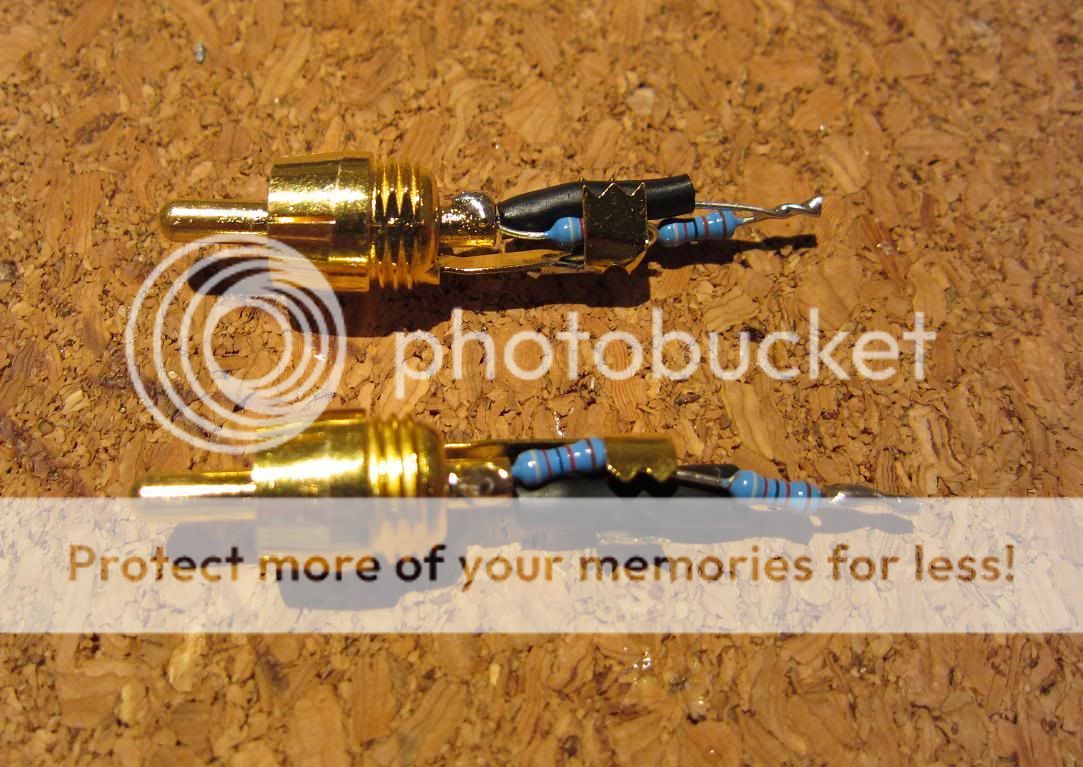I would usually rush into judging people hearing difference in sound presentation as expectation bias with and without the Rothwells, but there is one realistic thing that changes (improves).
Analogue volume pots have a horrrrreeeendeoouusssly huge channel imbalances, with typical tolerance up to 20% (or up to 6dB)! The worst spots are usually the begining and end of the pot, best being usually the middle. So when you use the attenuators you move your most used volume knob area forward and away from 9 o'clock position, into the sweet spot of near 12 o'clock position.
If you were listening in mono, then the only noticable difference would be clear improvement of channel balance. But since we are listening to stereo recordings, we will hear different presentation, say more double bass and trumpet played on one speaker, different imaging, soundstaging. If you didn't realize this is a simple balance change, you may think the attenuators added or reduced something in the recording, which they cannot. They are a simple precise resistor, like hundreds inside your amp, CDP, TT and speakers. Though a bit better since manufacturers will save cost on these precise resistors and get high tolerance ones for less important locations in the circuits.
The best volume attenuators made today are stepped ones made from precise resistors instead of brush swiping a carbon track. By adding a Rothwell attenuator you are a step closer to a great attenuator and away from the cheap carbon track poo the manufacturer stuck you with. Even if you have a nice conductive plastic ALPS Blue Velvet (
RK50112, the channel imbalance tolerances will still be 20%, unlike precision resistor based attenuators which can have 0-1%.
The Rothwell, nothing fancy but it does the job well. The principle and build is the same as the full sized resistor based stepped attenuator.
Now few pics of the bog standard carbon track pots.
Shar contrast from those is this fancy Khozmo steped attenuator with precision resistors (1% tolerance) has channel matching of -+0.1dB, which is the standard used for double-blind tests of audio equipment since 0.1dB difference is completely inaudible.
Dislaimer. I do not own products or have any affiliation with the manufacturers. I just like to talk up well made and functional kit. DougK took the plunge and what was from theory we now know it works as expected. Thanks Doug.


